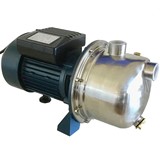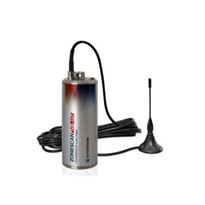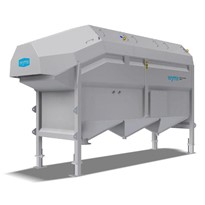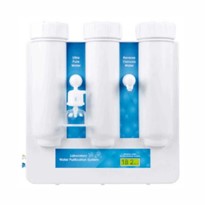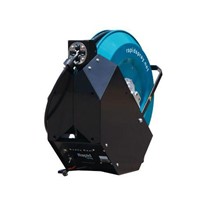Digital wizards working with water company United Utilities have linked together thousands of high tech monitors and sensors on Macclesfield’s water mains to create a machine-learning AI ‘brain’ which tells engineers if pipes have sprung a leak.
The system will now be put through its paces until April 2021, when water bosses will evaluate whether to roll it out in other parts of the North West.
As well as helping spot leaks, data experts hope Macclesfield’s Smart Water Network could even start alerting United Utilities before incidents happen, so that engineers can fix the problem and customers are not affected.
This is because as well as recording vast amounts of real-time data, the system spots patterns over time and actually learns from them. The data it receives includes the condition of the mains and equipment, the amount of water being used, water quality and the pressure in the pipes, giving it the potential to detect and prevent many other non-leakage problems too.
United Utilities Leakage Manager Paul Parr said, “Instead of getting data from things like pressure monitors, acoustic loggers and meters separately and having to cross-reference it themselves, analysts would now have a single platform helping them to make more informed decisions.
“Previously, if we had wanted to do some in-depth analysis we would be looking at a number of separate screens. Now we can see all the logger, pressure and consumption data on one screen and in more detail. We can locate the leaks faster and, just as importantly, we reduce the number of false positives where we send a repair team out and there’s no leak found.
“Plus, as the platform learns it gets better at predicting things which might be a problem for the customer down the line and sending us an alarm. It will never replace our engineers, but it means their time is much better spent on where it will have most effect.”
Ten other leading technology companies are collaborating in the trial, including Stantec, Xylem, Vodafone, Diehl, ATi, Inflowmatix, HWM, Gutermann, Technolog and Ovarro.
Head of Smart Networks and Leakage at Stantec, Damian Crawford, who is leading on technical development, said that although not the first Smart Water Network trial in the UK, Macclesfield was the first time the technology had been tested at the scale of a whole town.
“Macclesfield was ideal because it has a good mixture of rural, urban and residential communities and high and low terrain, so you get high and low pressure.
“The objective of the industry-wide collaboration is to show how technology can improve customer service by monitoring the health of the network using the latest state-of-the-art digital flow and leak sensors, advanced analytics and telecommunications channels.
“It aims to change the traditional way a water network is managed by layering the data from multiple sensors spread out across Macclesfield into a single visualisation display – a smart analytics platform. We will effectively be creating a digital twin of Macclesfield’s water main network which will provide live diagnostics from flow, pressure, acoustic and water quality monitors and aims to improve the service to customers by reducing leakage and bursts levels in the area.”
Head of Network Maintenance Services at United Utilities, Steve Hunt said: “The Macclesfield Smart Water Network Trial has the potential to transform the service we provide to our customers by further reducing leaks and bursts which will not only save water but will reduce the disruption to our customers with less road works.
“Being able to remotely manage our equipment in real-time, using machine learning, could even mean we can proactively replace pipes and equipment like pumps and motors before they fail. It could revolutionise the way we do maintenance.
“We believe by innovating and collaborating with others using the latest technology we can deliver exceptional service and value to our customer.”
United Utilities has pledged to cut the North West’s water leakage by 15 per cent over the next five years and will initially focus on the water distribution network. The trial will also help better understand leakage on customers’ pipework and develop appropriate strategies to resolve it.


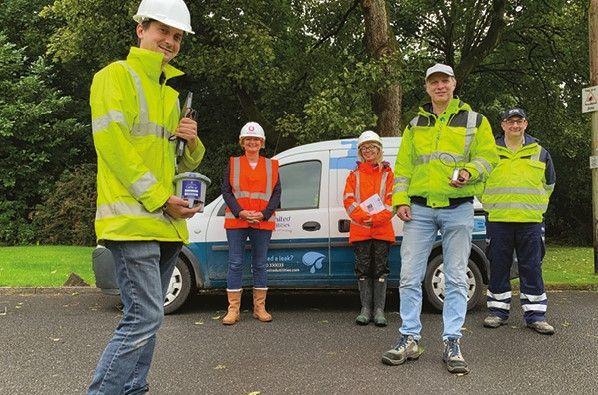

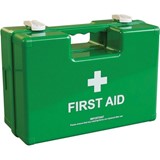


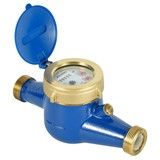
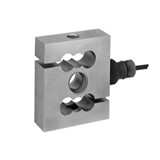
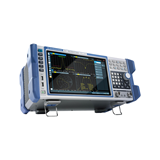

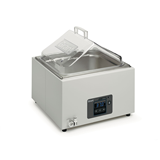
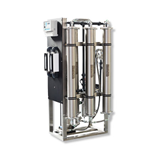
-160x160-state_article-rel-cat.png)
